Professional filming is more than just pointing a camera at a subject; it is the passion of telling stories through visuals, sound, and creative direction. Even if you are making a feature film, documentary, commercial, music video, or corporate production, the right techniques and preparation can make all the difference between an average video and a truly cinematic masterpiece.
In this blog, we will explore the essentials of professional filming, from understanding what it really means to work at a professional level to the techniques, tools, and tips that ensure a smooth and high-quality production.
What is Professional Filming?
Professional filming is the process of producing video content with the highest industry standards in mind. It combines technical skills, creative vision, and meticulous planning to capture footage that not only looks stunning but also delivers a clear message or emotion. This involves using professional-grade equipment such as cinema cameras, high-quality lenses, advanced lighting setups, and reliable audio gear.
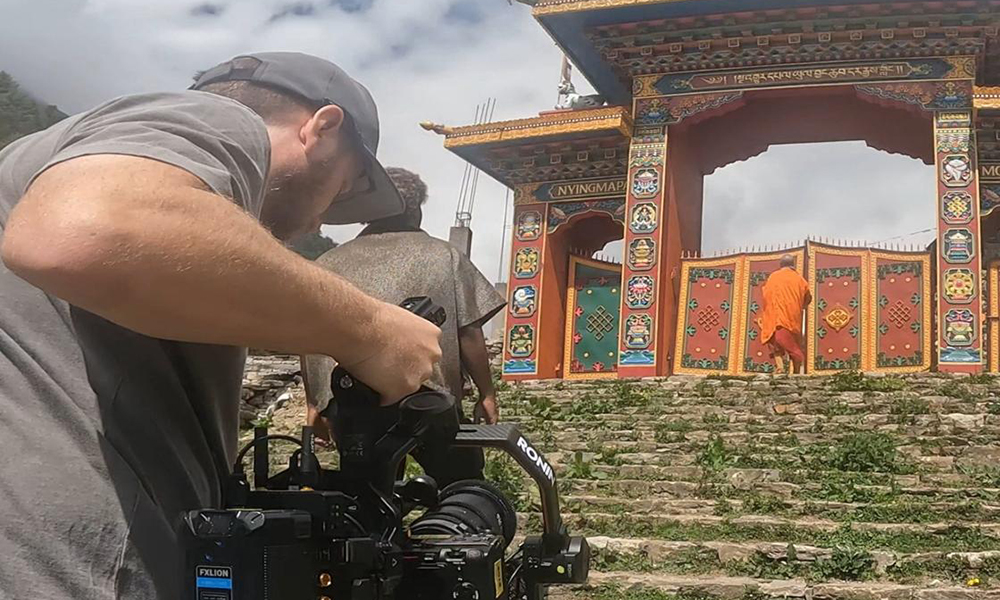
It also requires applying cinematic techniques, including thoughtful composition, precise framing, and intentional camera movement. In addition, it follows a structured workflow from pre-production to post-production, ensuring that every stage contributes to a final product that meets or exceeds client and audience expectations.
Key Elements of Professional Filming
Pre-Production Planning: Professional filming begins long before the camera records a single frame. This stage includes scriptwriting and storyboarding to define the creative vision in detail. Location scouting ensures that the chosen setting complements the story while meeting technical needs like lighting and accessibility. Casting helps bring the characters to life, while efficient scheduling keeps filming days organized and cost-effective.
Technical Setup: In professional filming, equipment selection and preparation are critical. The choice of camera and lens defines the visual tone, while lighting arrangements add depth and mood. High-quality sound equipment guarantees clear audio, and specialized tools like stabilizers or rigs help achieve smooth camera movements. Every technical detail contributes to the overall cinematic quality.
On-Set Filming: When it’s time to shoot, professional filming thrives on precision and adaptability. The crew follows the plan but stays flexible for unexpected changes such as lighting shifts or weather conditions. Clear communication between the director, crew, and cast keeps the workflow efficient, while continuous monitoring of footage ensures perfect framing, focus, and sound.
Post-Production: Post-production is where raw footage becomes a polished final product. In professional filming, this includes careful editing for pacing and continuity, color grading to set the tone, and sound design for an immersive experience. Additional elements like visual effects, graphics, or animation can also be added to enhance storytelling.
Why Go Professional in Filming?
Choosing professional filming ensures consistent quality in visuals and audio, which builds credibility and audience trust. Professional techniques enhance storytelling, making it easier to connect with viewers on an emotional level.
Experienced crews also work efficiently, saving time and avoiding costly mistakes. Professional teams adapt well to any filming environment, from studio shoots to challenging outdoor locations, ensuring your production runs smoothly.
Tips for Successful Professional Filming
To excel in professional filming, it’s essential to master the basics of camera operation, lighting, and sound recording. Thorough planning minimizes risks and keeps the production on track. Investing in good audio equipment is just as important as having a great camera.
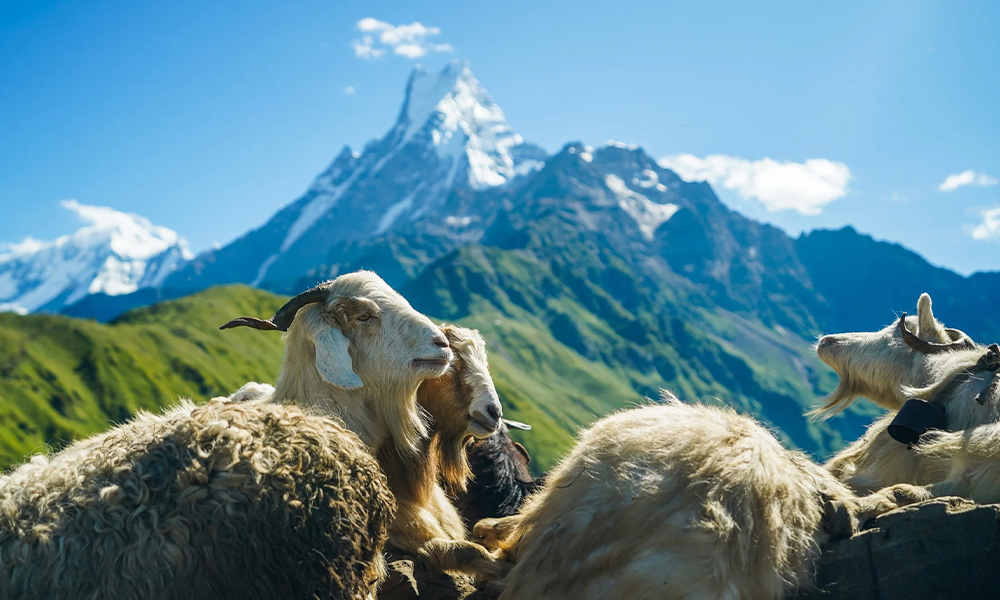
Natural light can bring authenticity and beauty to your footage if used skillfully. Staying updated with technology and trends ensures your work remains relevant. Most importantly, surrounding yourself with the right team fosters creativity and efficiency on set.
The Role of Professional Film Coordinators and Fixers
Large or location-based productions benefit greatly from experienced film coordinators and fixers. These professionals manage permits, logistics, crew hiring, and local arrangements, allowing filmmakers to focus on creative execution.
Also Read: Discover Chitwan
In Nepal, Wilderness Film Productions is a trusted name for international filmmakers. Their deep knowledge of local conditions, cultural understanding, and logistical expertise make them an invaluable partner for smooth, efficient, and high-quality professional filming.
To Conclude
Professional filming is a delicate balance of creativity, technical skill, and organization. By mastering the stages of pre-production, technical setup, on-set filming, and post-production, you can achieve cinematic results that stand out. With the right planning, skilled team, and commitment to excellence, your next production can deliver the polished, impactful results that define true professional filmmaking.


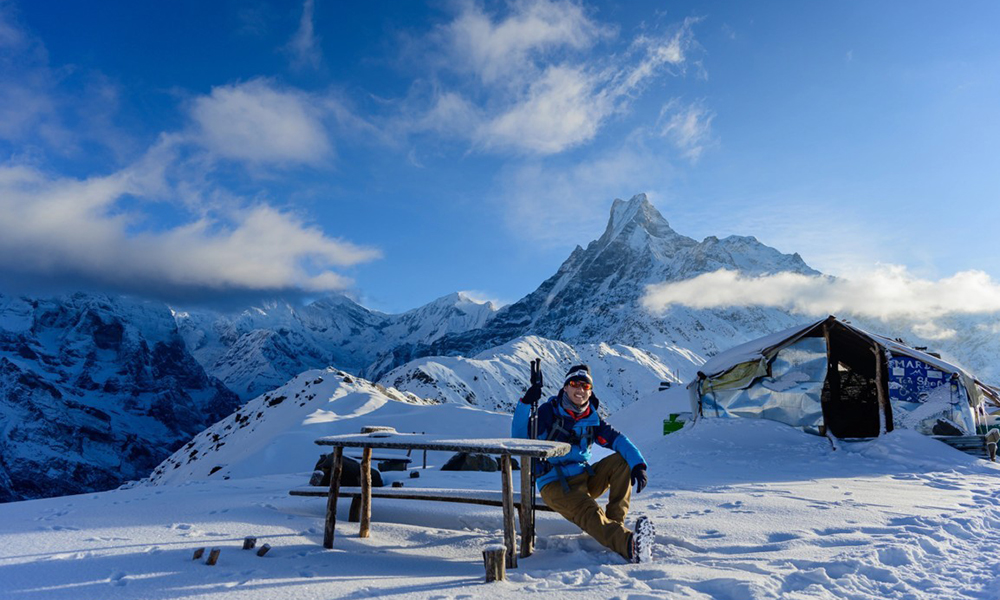
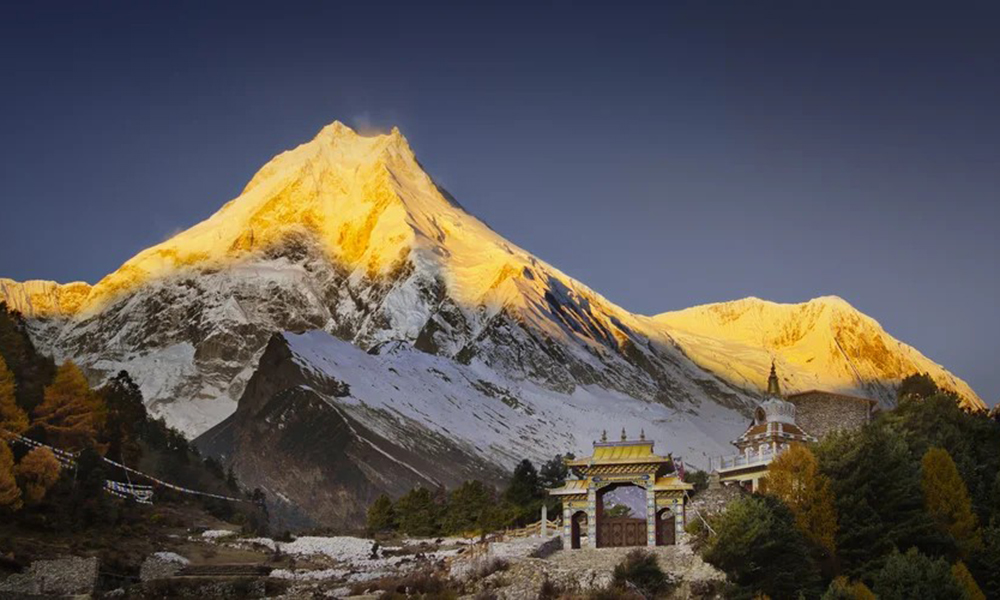
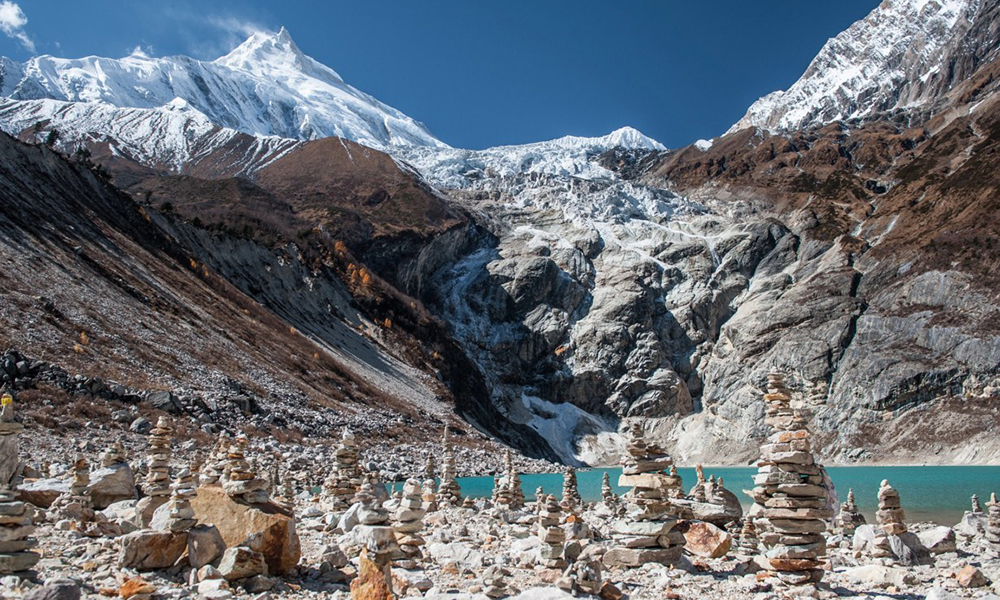
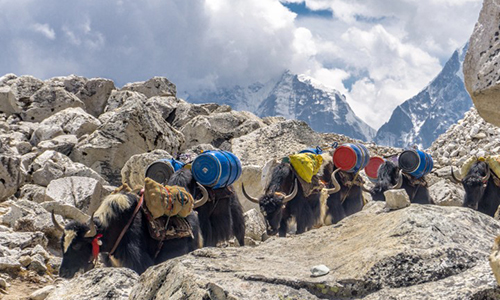
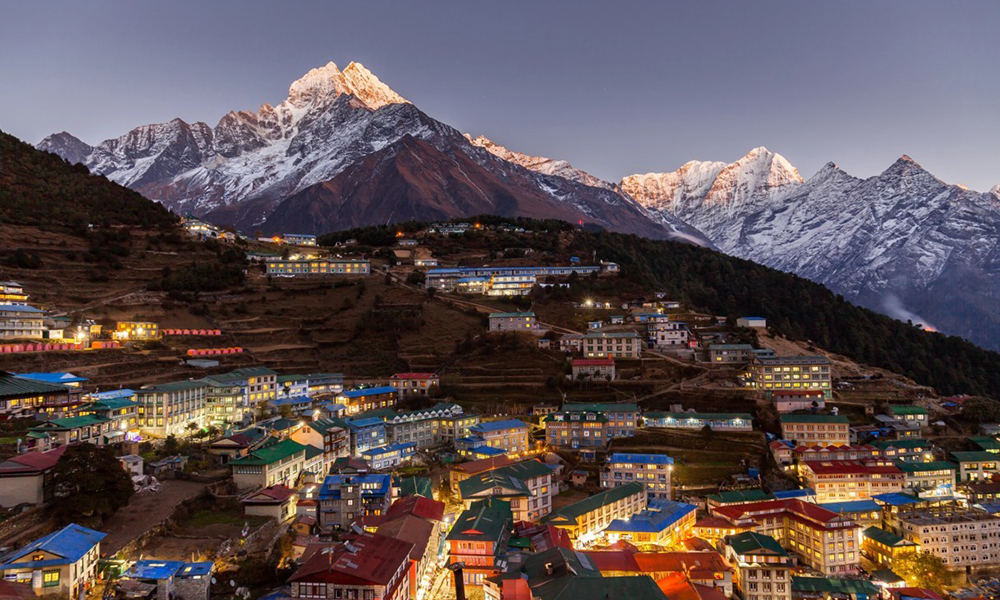
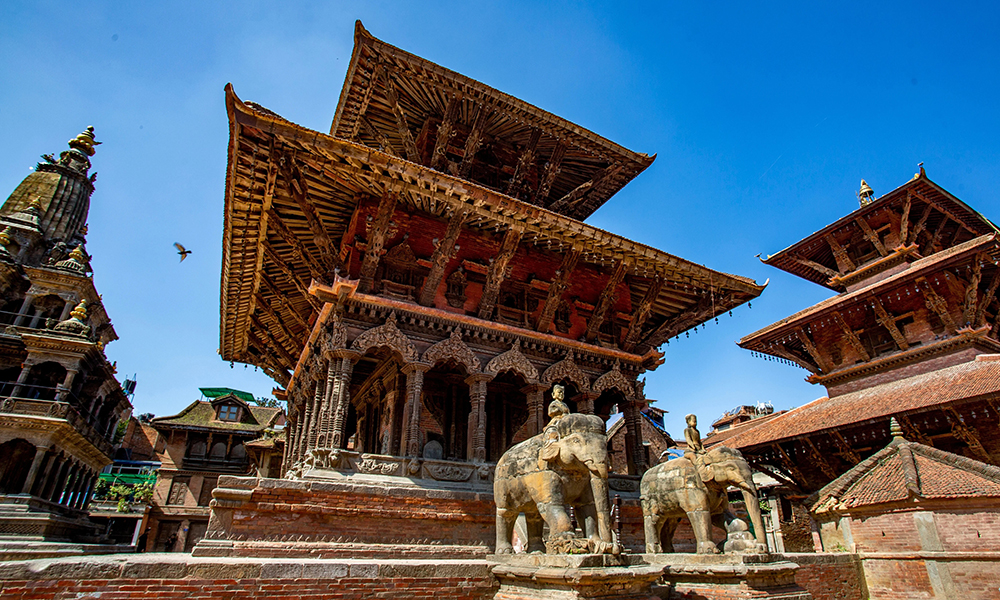
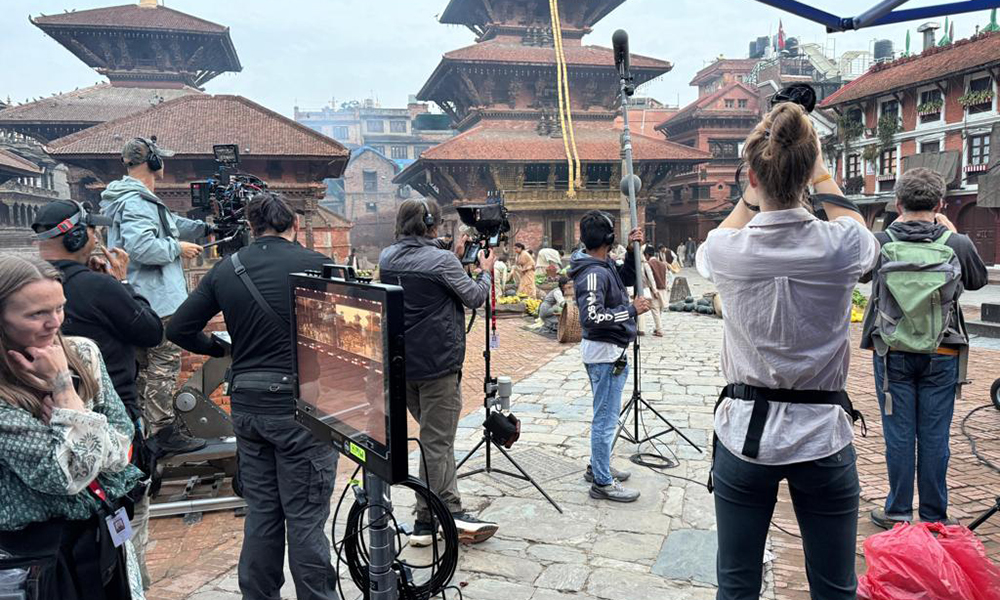
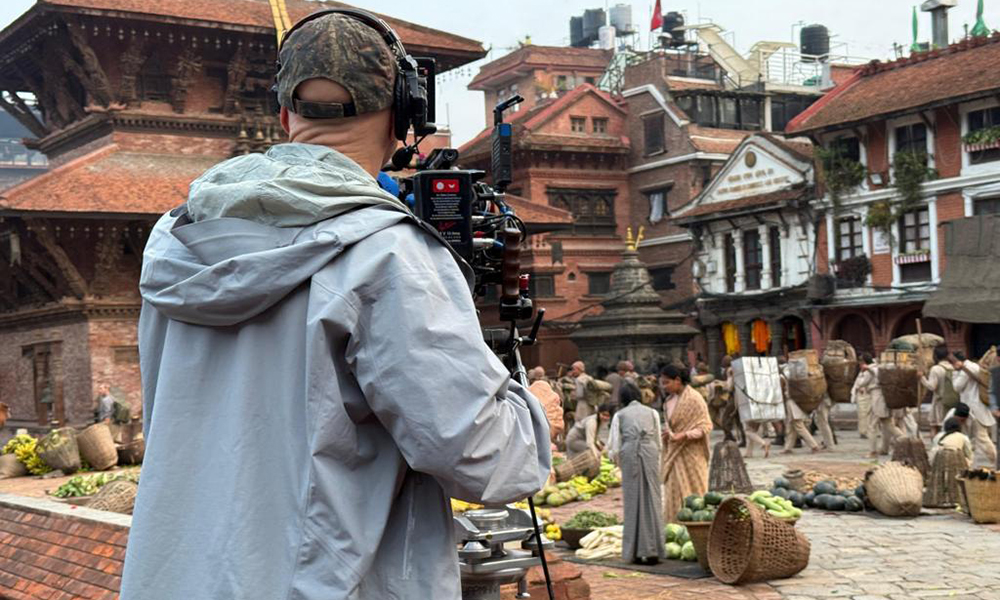
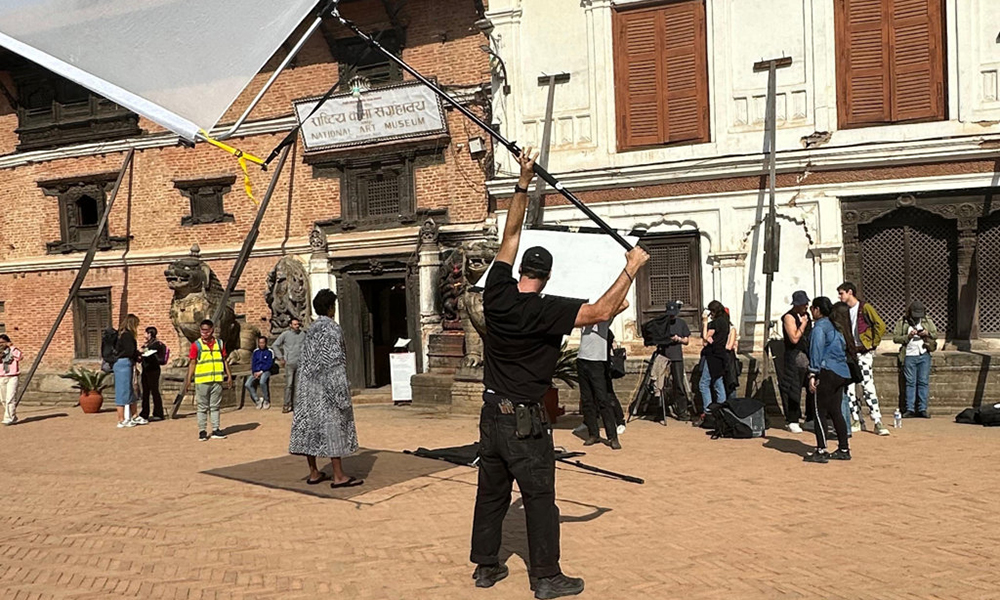
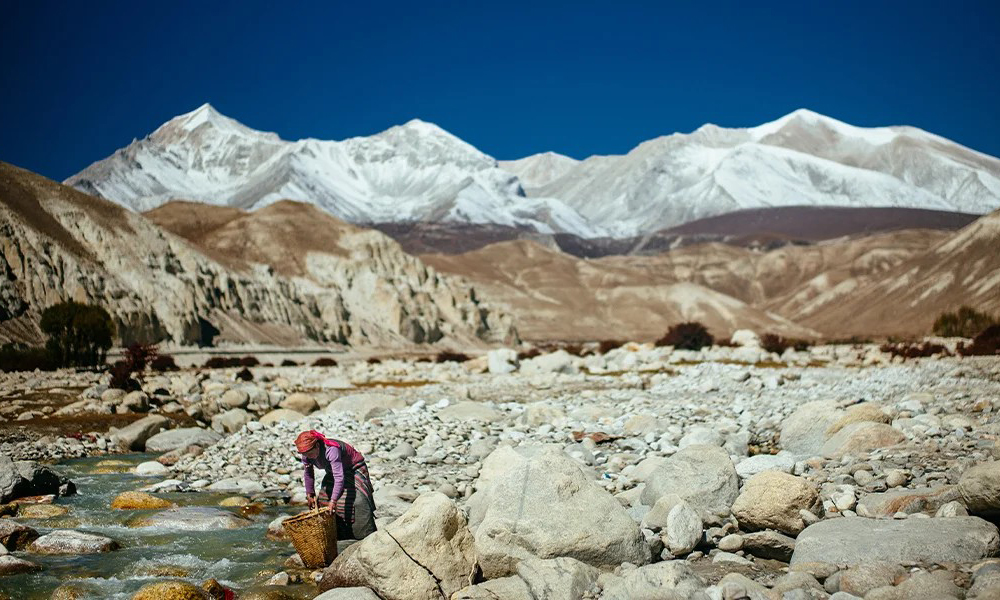
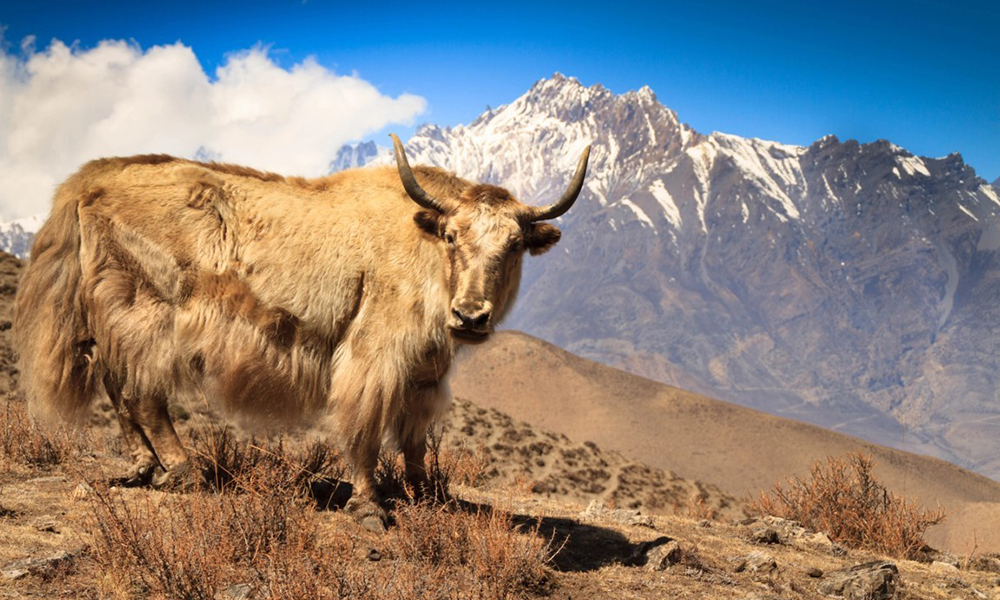

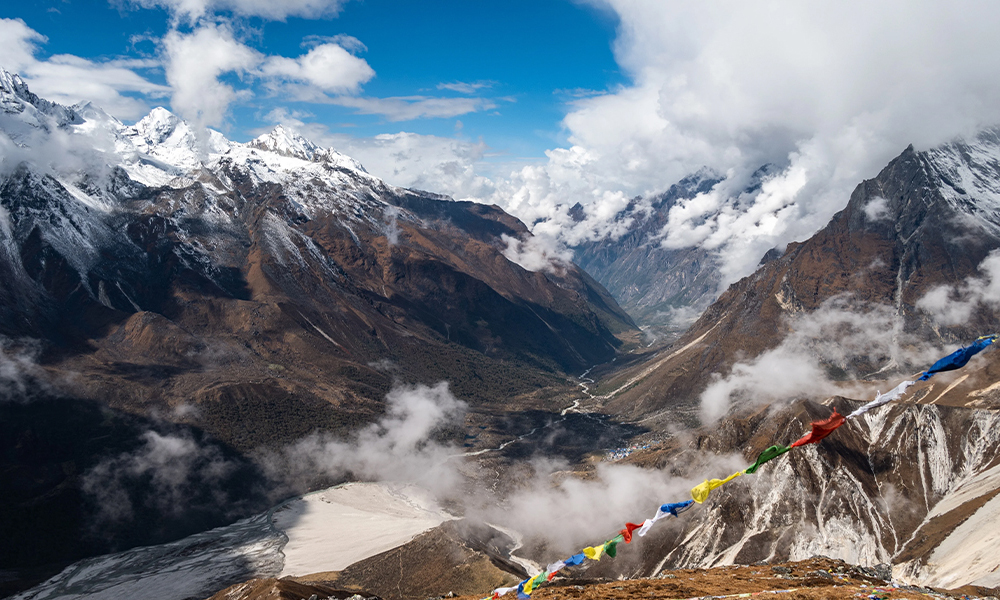
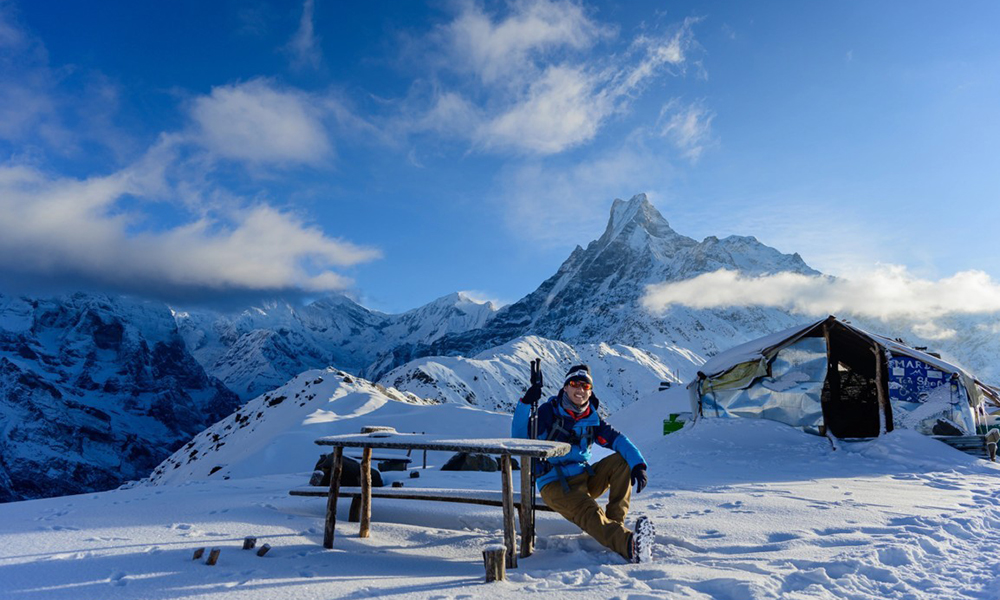
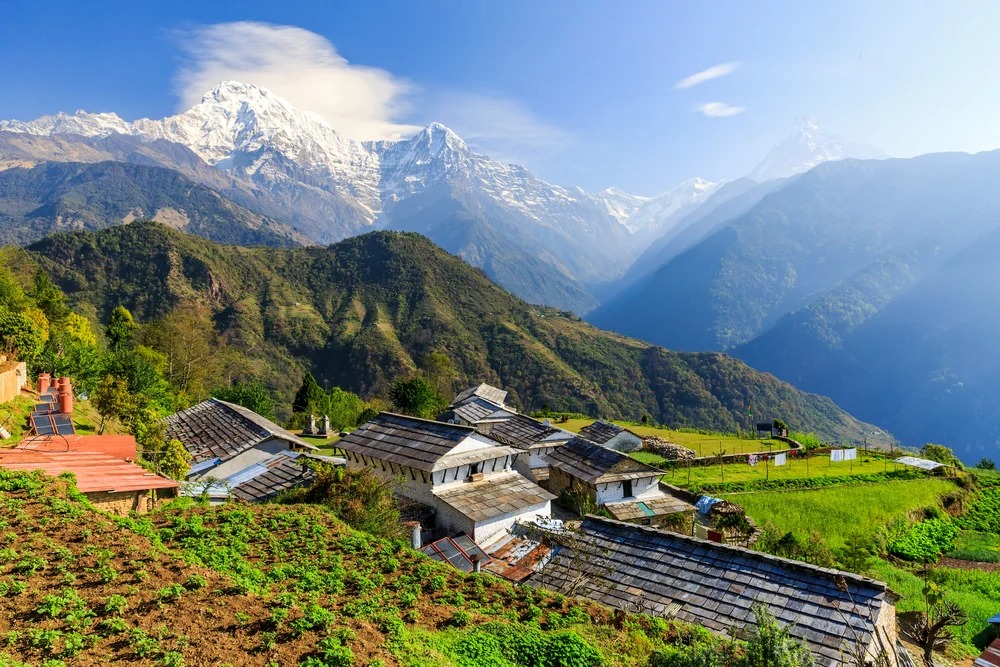
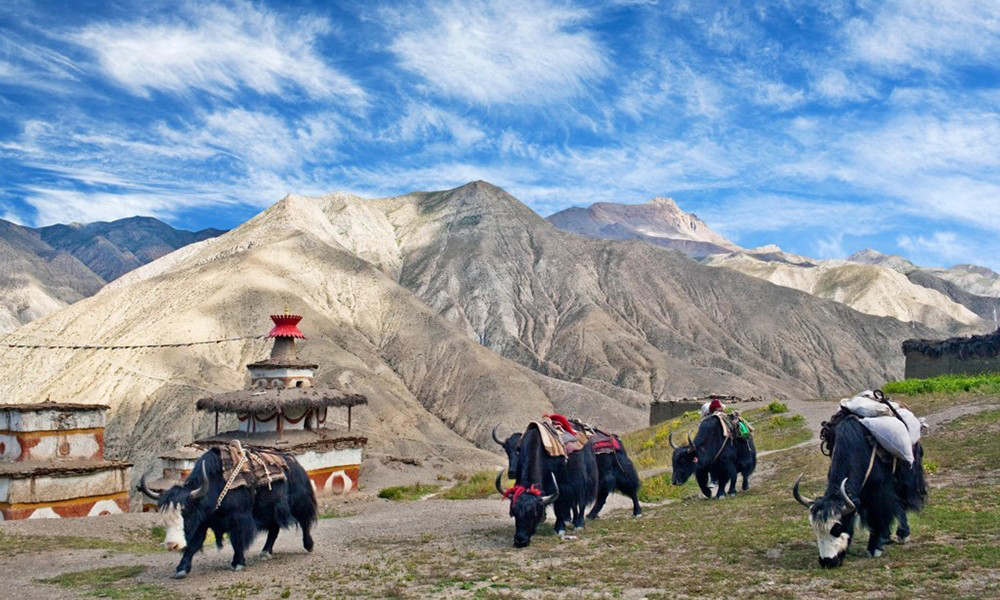
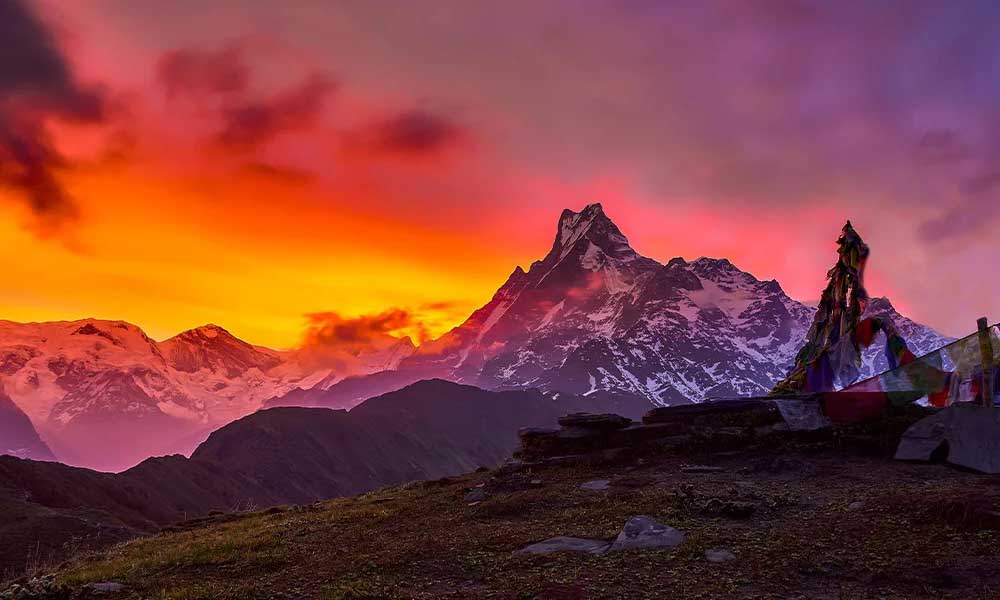

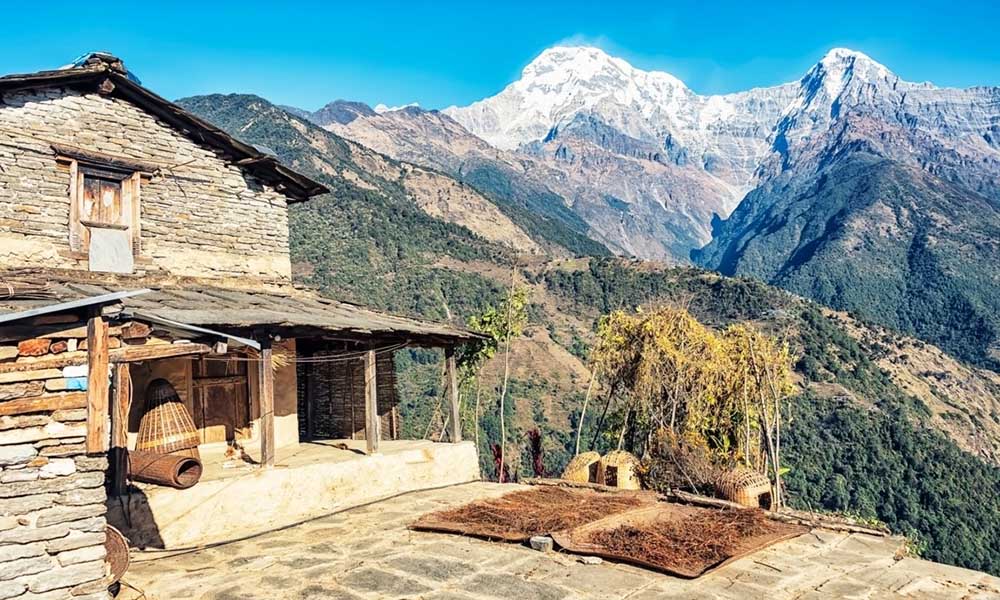
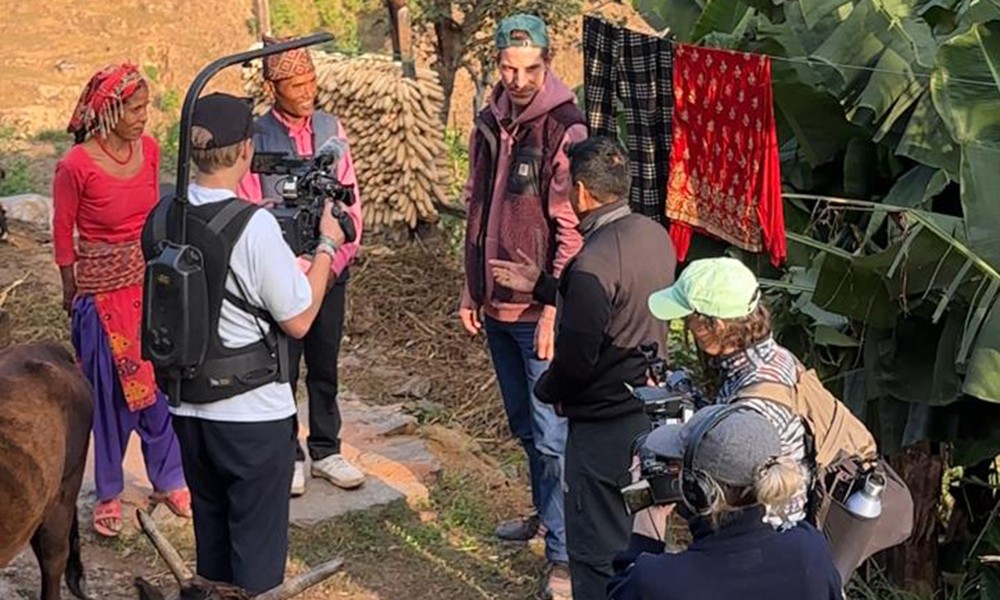
Latest Comments